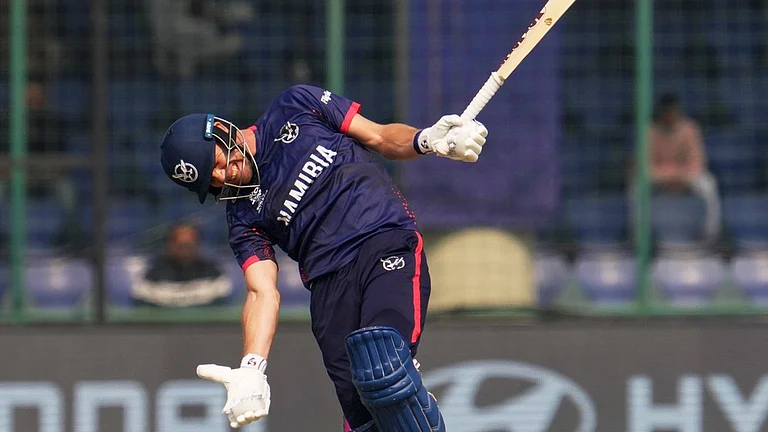The Karnataka High Court has dismissed a petition filed by Twitter Inc., challenging several blocking and take-down orders issued by the Ministry of Electronics and Information Technology, saying that company's plea was "devoid of merits".
The single-judge bench of Justice Krishna S Dixit which dictated the operative portion of the judgement also imposed a whopping cost of Rs 50 lakh on Twitter and ordered it to be paid to the Karnataka State Legal Services Authority within 45 days.
Reading the operative portion, the HC said, "In the above circumstances this petition being devoid of merits is liable to be dismissed with exemplary costs and accordingly it is. Petitioner is levied with an exemplary cost of Rs 50 lakh payable to the Karnataka State Legal Service Authority, Bengaluru, within 45 days. If delay is brooked, it attracts an additional levy of Rs 5,000 per day."
"I am convinced with contention of the Centre that they have powers to block tweets and block accounts," the judge said while dismissing Twitter's petition.
Twitter's arguments
Out of a total of 1,474 accounts and 175 tweets, Twitter challenged the blocking of 39 URLs. The platform argued that the direction to block entire accounts falls afoul of Section 69A of the Information Technoloy Act.
Twitter had claimed that the blocking orders are "procedurally and substantially deficient of the provision" and "demonstrate excessive use of powers and are disproportionate".
The platform contended that the Central government was not empowered to issue general orders calling for the blocking of social media accounts and that the orders must contain reasons which should be communicated to users, as per a report by Bar and Bench.
It also stated that a blocking order could only be issued in a situation where the nature of the content was in line with the grounds laid down under Section 69A of the IT Act.
Centre's arguments
The central government opposed the plea by Twitter challenging the blocking orders passed by the government of India, saying that the directions were issued in "national and public interest and to prevent incidents of lynching and mob violence."
Additional Solicitor General of India R Sankaranarayanan appearing for the Central government said that the government is committed to "providing an open, safe, trusted and accountable internet to its citizens, and that its powers to block information has a limited scope."


























